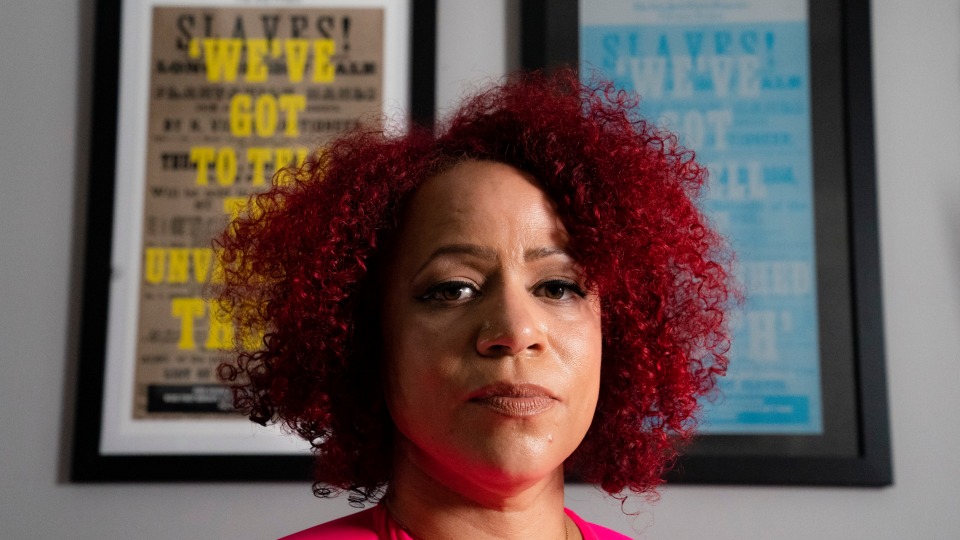
In recent years, news reporting has become increasingly controlled by a smaller and smaller number of corporate conglomerates. Predatory financiers and vulture capitalists have taken over what used to be independent, competitive, and reliably objective reporting of local news. Unprecedented numbers of journalists, reporters, editors, and support staff have been laid-off as sacrificial lambs to the worship of money and corporate profits.
To make matters worse, a disproportionate number of those who have lost their jobs to cutbacks are people of color, especially African Americans and Latinos. As a result, there has been a significant reduction in the amount of news coverage that is relevant to minority communities.
In a recent demonstration about the double standard in media reporting of issues relevant to minority communities, Tennyson Donyea, an African American reporter for the Newark Star-Ledger and NJ.com, publicly posted about his frustration with racism in the news media and his own employer in the way they cover local news. He exposed the double standard that exists in favoring coverage of news stories that would be of interest to white readers while ignoring or giving little space to reporting about issues and events relevant to minority communities.
His editors made it very clear to him that they wanted articles which would appeal to white readers since they comprised the majority of circulation as well as advertising revenue. As far as they were concerned, there just was no profit in reporting news of interest to people of color.
Another example of corporate media putting profits ahead of journalistic responsibility is the reporting, or rather the lack of reporting, on the devastating civil war in Ethiopia that has killed tens of thousands of civilians, mostly women and children. The fighting threatens widespread famine affecting millions of people in what may become the worst famine in Africa for several decades.
When several hundred civilians are killed in Palestine it becomes headline news throughout the world because a fight between Zionists and anti-Zionists sells newspapers and increases ratings for news outlets controlled by big business. But when thousands of women and children are killed by fighting in Africa, it is generally ignored by the media simply because what happens to black Africans is of no concern to white Americans and there is no profit in reporting it.
So far the Associated Press, a collaborative non-profit organization of journalists, has been the only major news outlet to provide any significant coverage of the enormous devastation and hardship taking place in Ethiopia.
Attempts to address the issue of corporate journalism and racial justice have largely been frustrated and ineffective. A prime example of the difficulty in dealing with the issue of racism in news reporting is the controversy over the failure to offer tenure for Nikole Hannah-Jones at the University of North Carolina School of Journalism. Although Hannah-Jones was exceptionally well-qualified and had the full support of her academic colleagues, the Board of Trustees at North Carolina postponed a vote on granting her tenure because of enormous pressure exerted by influential white donors who were opposed to her previous research on the impact of slavery on American culture and society known as the 1619 project.
After much embarrassment and public outrage, the Board finally voted to grant tenure, but given the circumstances involved, Hannah-Jones decided to reject the offer and instead accepted a similar position at Howard University as Knight Chair Professor of Journalism in Race and Reporting.
Despite some recent efforts to improve news coverage relevant to minority communities, there is still a serious lack of journalistic integrity in reporting significant news and issues. While there has been some small increase in the number of minority reporters covering news items, there is still a large disconnect between the reporters who are almost all white and the communities of color they are assigned to report on.
Since corporate journalism is driven by profit and not community service, the assignment of certain journalists to cover specific stories will depend mostly on what will appeal to the predominantly white, middle-class consumer base that is the largest source of advertising and circulation revenue.
Given the nature of corporate journalism and its need to put profits before public service, it is very unlikely that significant progress will ever be made in providing significant coverage of relevant news to minority communities. The only way to overcome these obstacles will be for non-profit organizations, journalist cooperatives, and independent publications to fill the gaps left by the predominantly white, corporate-owned mass media, which is forever subservient to big advertisers and middle-class consumers.
One example of non-profit, community-oriented journalism filling the gaps in local news coverage relevant to minority communities is New Jersey Public Broadcasting hiring a full-time social justice reporter for their NJSpotlightNews program and website. She will specialize in reporting on social justice issues in New Jersey, including immigration, police reform, and community activism.

The growth of non-profit, cooperative, and community-oriented journalism has been painfully slow. There have been small steps in recent years to provide increasing coverage of local news relevant to communities of color, poor people, and other minority groups that have traditionally been frozen out by corporate media since there is no profit to be made in covering relevant news regarding social justice, economic empowerment and racism.
Recently there have been successful attempts to unionize journalists and their support staff, and it is to be hoped that greater influence by news reporters, and especially minority journalists, will add pressure on corporate owners to be more responsive in covering local and community news for their minority consumers. The recent public demonstration by African-American reporter Tennyson Donyea, as well as the well publicized episode involving Nikole Hannah Jones, will hopefully add to pressure from academic, journalistic, and political interests on corporate media to at least make some effort in putting community needs and concerns ahead of their corporate button line.
As with all op-eds published by People’s World, this article reflects the opinions of its author.












Comments